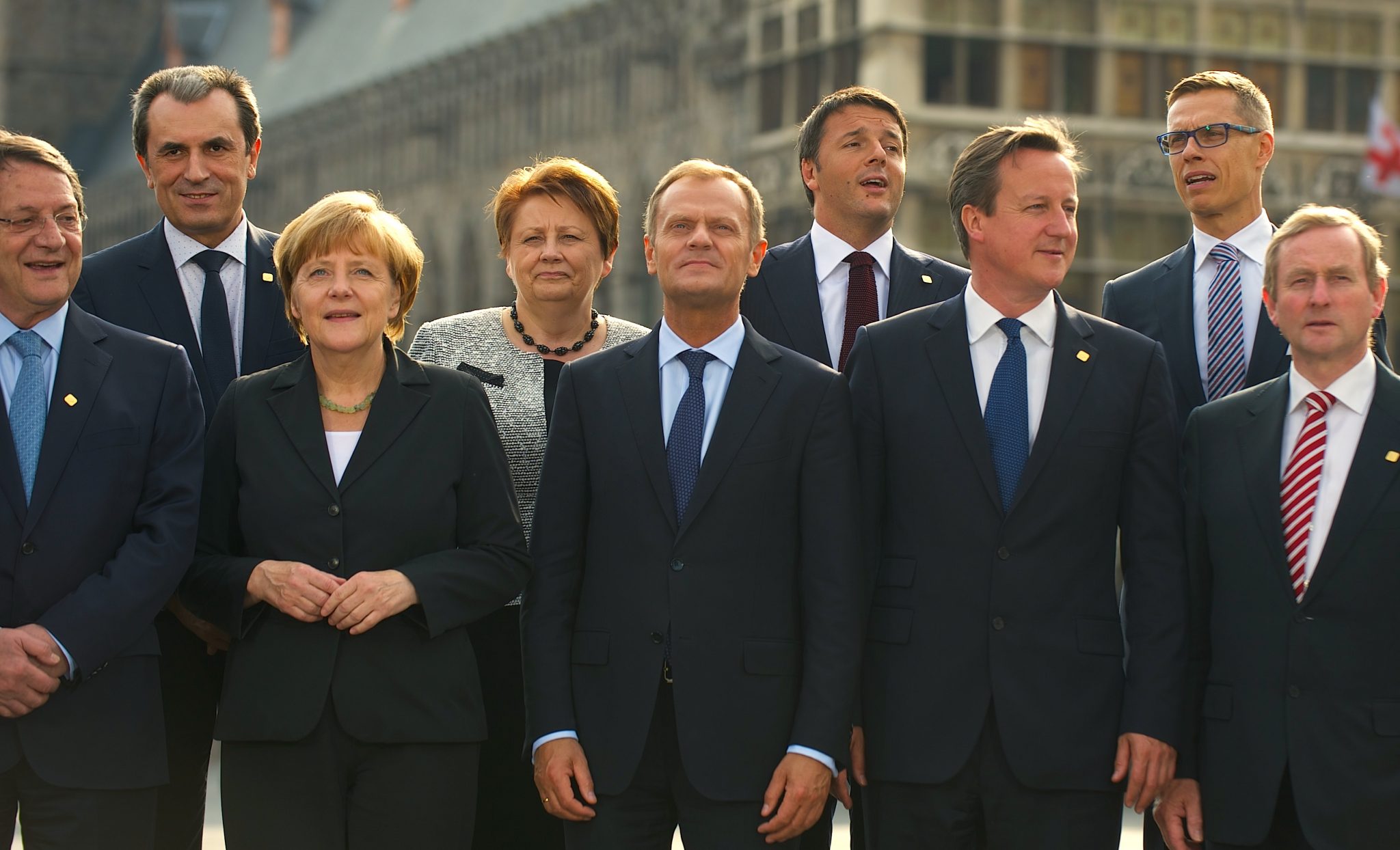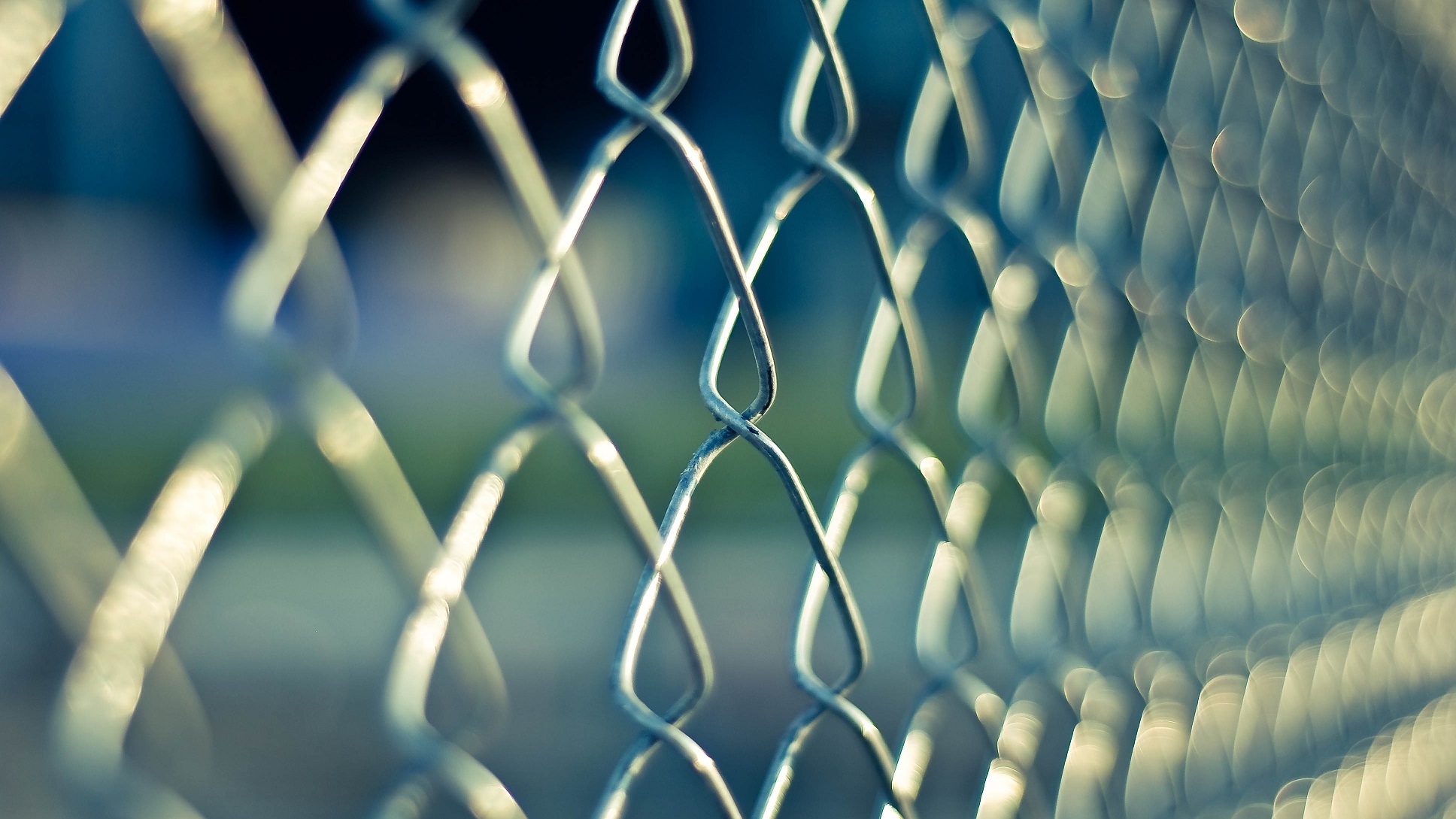
The relations between African countries and the European Union rely on an old story, beginning not only with the colonialism, hence, this old linkage has shaped the relations and created narratives still present in literature and media.[1] The connection between Europe and Africa has been described as asymmetric and based on the dichotomy of rich and poor.[2]
Therefore, relations between Europe and Africa and between the EU and African Union (AU) has always been at the core of the EU foreign policy and interest. A starting point has been the Lomé Convention (1975), which aimed to maintain a link with the former colonies and to create a new economic order. [3] It has been followed by the Cotonou Convention, ratified in 2000, its main objective was to reformulate the partnership between the parties involved and to focus more on development.
This agreement has expired in 2020, and in 2021 a new text has been ratified to ensure a new framework to this vital partnership for the EU external relations; in fact, the post-Cotonou negotiations are one of the focal points for the EU Commission and the European External Action Service (EEAS). [4]
Click Here to Read the Entire Paper
_______________________________________
[1] Kaye Whiteman and Dawn Nagar, “The History of Relations between Africa and Europe”, within the Report “from eurafrique to afro-europa”. Published by Centre for Conflict Resolution (2009)
[2] “Points of Divergence”, within the report “Time to Reset African Union-European Union Relations”. Published by International Crisis Group (2017)
[3] Toni Haastrup, Niall Duggan and Luis Mah, “Navigating ontological (in)security in EU–Africa relations”. Published by Global Affairs (2021)



